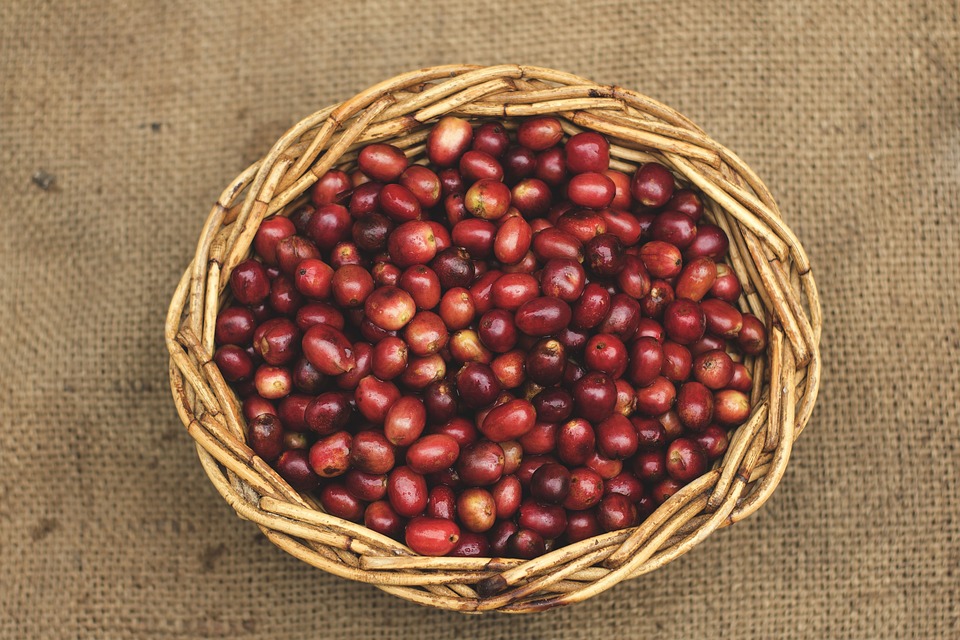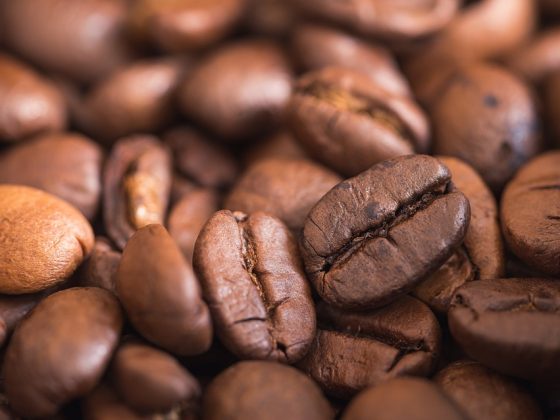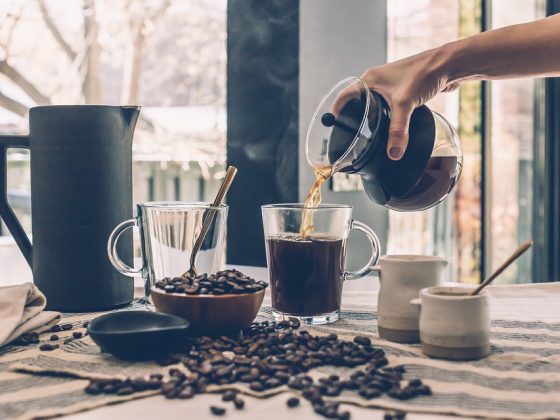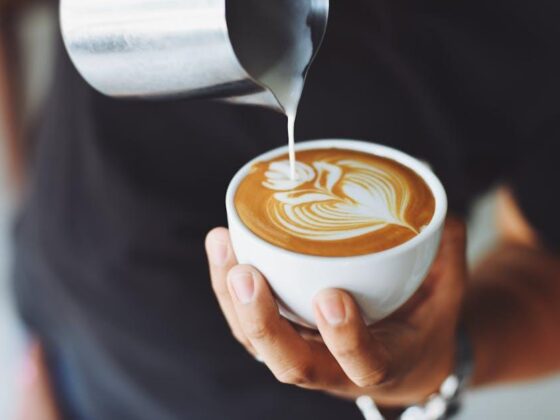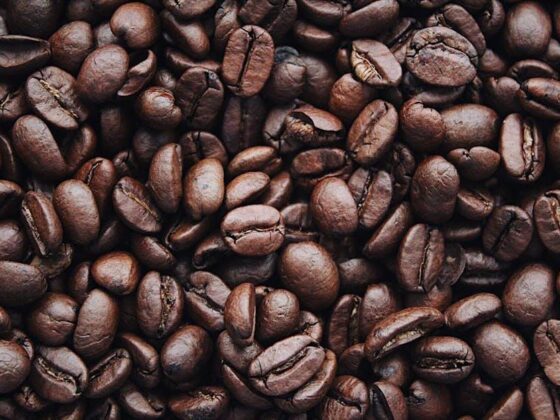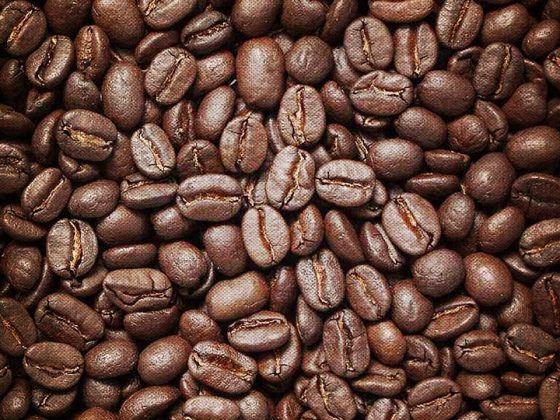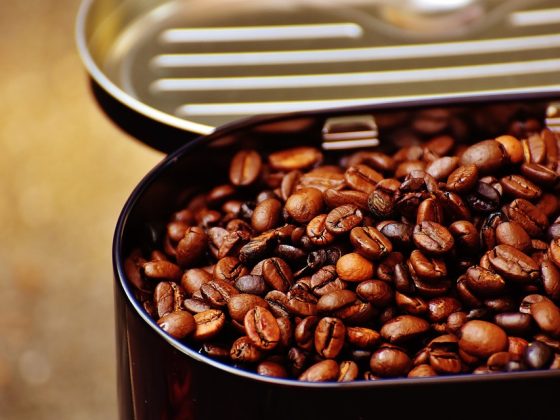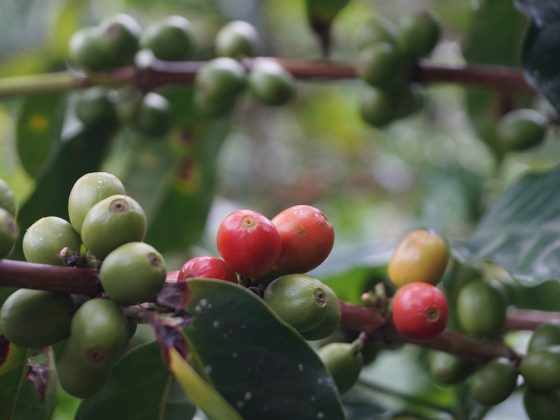end of the article.
Coffee beans are the seeds of the coffee plant, which is a flowering shrub native to tropical regions in Africa and Asia. The beans are harvested, processed, and roasted to create the beloved beverage that is enjoyed by millions of people around the world every day. However, not all coffee beans are created equal. There are numerous varieties of coffee beans that come from different regions of the world, each with their own unique flavors and characteristics. In this article, we will explore the different origins of coffee beans and how they contribute to the taste of your morning cup of joe.
1. Ethiopian Coffee Beans
Ethiopia is considered the birthplace of coffee, and it is one of the most famous coffee-producing countries in the world. Ethiopian coffee beans are known for their bright and complex flavor profiles, with hints of berries, citrus, and floral notes. The country is home to a variety of indigenous coffee plant species, including the famous Arabica coffee, which is highly prized for its superior quality and flavor.
2. Colombian Coffee Beans
Colombia is another major player in the world of coffee production, and Colombian coffee beans are among the most popular and widely consumed in the world. Colombian coffee is known for its smooth, mild flavor and balanced acidity, with notes of caramel, nuts, and chocolate. The country’s unique geography, with its high-altitude coffee-growing regions and rich volcanic soil, contributes to the exceptional quality of Colombian coffee beans.
3. Brazilian Coffee Beans
Brazil is the largest producer of coffee in the world, accounting for over one-third of global coffee production. Brazilian coffee beans are known for their nutty, chocolatey flavor and medium body. The country’s vast coffee-growing regions, including the famous Minas Gerais, São Paulo, and Espírito Santo, produce a wide variety of coffee beans with different flavor profiles and characteristics.
4. Kenyan Coffee Beans
Kenya is renowned for its high-quality Arabica coffee beans, which are known for their bright acidity, fruity notes, and floral aromas. Kenyan coffee beans are grown in the country’s high-altitude regions, such as the famous Nyeri and Kirinyaga, which provide the ideal climate and soil conditions for producing exceptional coffee. Kenyan coffee beans are often described as vibrant and complex, with flavors of blackcurrant, grapefruit, and bergamot.
5. Costa Rican Coffee Beans
Costa Rica is famous for its gourmet coffee beans, which are grown in the country’s lush mountainous regions and volcanic soils. Costa Rican coffee beans are known for their bright acidity, full body, and rich flavors of citrus, honey, and chocolate. The country’s microclimate variations, with their cool temperatures and abundant rainfall, contribute to the unique characteristics of Costa Rican coffee beans.
6. Indonesian Coffee Beans
Indonesia is home to some of the most distinctive and exotic coffee beans in the world, including the famous Sumatra, Java, and Bali. Indonesian coffee beans are known for their earthy, spicy, and full-bodied flavors, with notes of dark chocolate, tobacco, and cedar. The country’s unique processing methods, such as the wet-hulling technique used in Sumatra, contribute to the distinctive taste and aroma of Indonesian coffee beans.
7. Yemeni Coffee Beans
Yemen is one of the oldest coffee-producing countries in the world, and Yemeni coffee beans are considered among the rarest and most prized by coffee connoisseurs. Yemeni coffee beans are known for their intense, complex flavors, with notes of dried fruit, spices, and wine. The country’s traditional cultivation and processing methods, such as natural drying under the sun, contribute to the unique taste and aroma of Yemeni coffee beans.
In conclusion, coffee beans from different origins around the world offer a diverse range of flavors and characteristics that contribute to the overall taste of your morning brew. Whether you prefer the bright acidity of Kenyan coffee, the smooth sweetness of Colombian coffee, or the earthy richness of Indonesian coffee, there is a coffee bean out there for every palate and preference.
FAQs
1. What is the difference between Arabica and Robusta coffee beans?
Arabica coffee beans are known for their superior quality, smooth flavor, and acidity, while Robusta coffee beans have a stronger, more bitter taste and higher caffeine content. Arabica beans are typically grown at higher altitudes, while Robusta beans are grown at lower altitudes.
2. How should I store my coffee beans?
To keep your coffee beans fresh and flavorful, store them in an airtight container away from light, heat, and moisture. It is best to grind your coffee beans just before brewing to preserve their freshness and aroma.
3. What is the best way to brew coffee at home?
There are many different methods for brewing coffee at home, including drip coffee makers, French presses, pour-over cones, and espresso machines. The best brewing method for you will depend on your personal preference and the flavor profile of the coffee beans you are using.
4. Are flavored coffee beans natural?
Flavored coffee beans are typically infused with artificial or natural flavorings to enhance the taste of the coffee. While natural flavorings are derived from fruits, spices, or herbs, artificial flavorings are synthetic chemicals that mimic the taste of natural ingredients.

